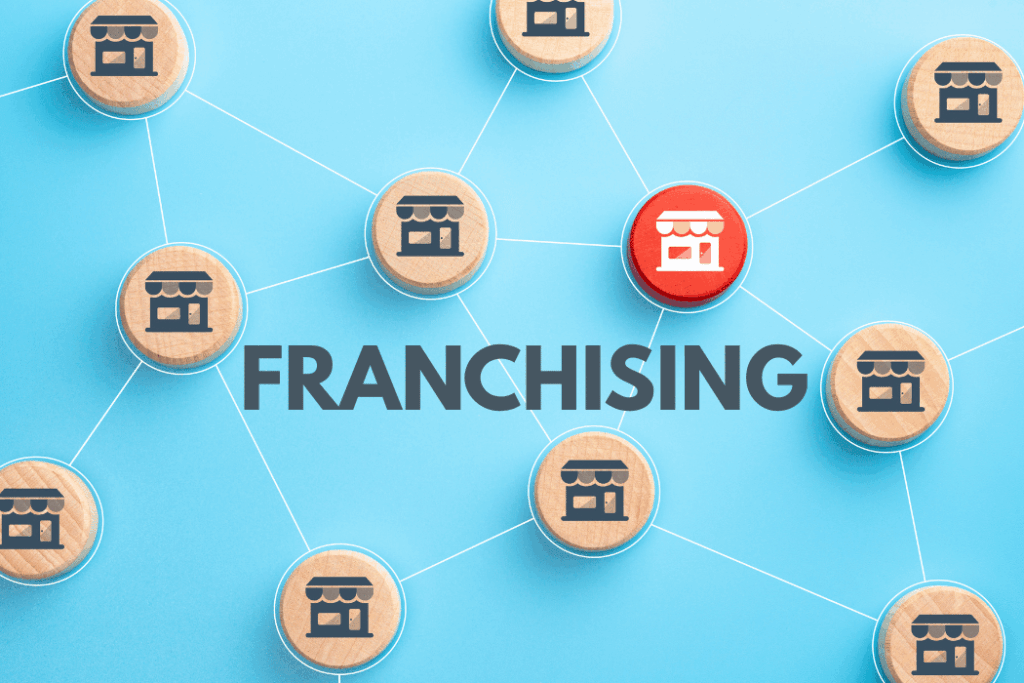
Out & Equal, the premier nonprofit organization working exclusively on LGBTQ+ workplace equity, inclusion, and belonging, announced the release of its latest report, Talent on the Move–Where Do We Go From Here?, which examines how shifting public policy has impacted LGBTQ+ individuals and allies and identifies the actionable steps employers can take to effectively respond.
“For the past two decades, the LGBTQ+ movement has made significant advancements in equality, inclusion, and belonging in nearly all aspects of society and culture,” said Out & Equal’s Chief Executive Officer Erin Uritus (she/her). “Today, that progress is being challenged with pervasive intensity. Since 2015, anti-LGBTQ+ legislation has been on the rise. 2023 set an all-time record, which 2024 is well on pace to surpass with more than 475 pieces of anti-LGBTQ+ legislation already introduced in US state legislatures. These bills have devastating impacts on LGBTQ+ people, their families, their workplaces, and their communities. We are at a tipping point. It’s why now, more than ever before, the LGBTQ+ community needs action paired with authentic allyship. When and where public policy falls short, businesses and their leaders have, can, and must become changemakers.”
The new report, which was released and presented at the 2024 Out & Equal Leadership Forum, found and elevated the following:
The US legislative landscape is having a detrimental impact on LGBTQ+ people and allies.
- 94 percent of respondents feel LGBTQ+ equality has worsened in the last year.
- 45 percent of respondents feel less safe in their state of residence because of changes in LGBTQ+ rights.
- 31 percent of respondents have considered relocating as a result of feeling less safe in their state of residence due to state-level policy changes.
Anti-LGBTQ+ legislation is altering the experience of LGBTQ+ people and allies in the workplace.
- 24 percent of respondents report hearing jokes about the LGBTQ+ community at work. Of those who report hearing jokes, 84 percent report hearing jokes about transgender people.
- 40 percent say they do not feel fully comfortable discussing the impact of legislative changes on them and/or their families with their supervisors.
- Nearly 4 out of 5 respondents (79 percent) report that anti-LGBTQ+ laws would affect whether they would relocate for a new job or position in a particular state.
LGBTQ+ people and allies expect their employers and workplaces to act and provide support.
- 72 percent of respondents feel that their company did not respond sufficiently to the increase in anti-LGBTQ+ legislation.
- If they or a family member were impacted by anti-LGBTQ+ legislation, respondents say their employer could best support them by:
- Offering flexible/remote work options (56 percent).
- Engaging in public policy advocacy (55 percent).
- Providing employer-funded relocation services/resources (52 percent).
- Providing support for out-of-state travel and benefits (50 percent).
- Hosting dedicated Employee Assistance Programs for employees struggling with the impact, anticipated and felt, of changing legislation (42 percent).
“When lawmakers flood state houses with anti-LGBTQ+ bills, they are not just hurting LGBTQ+ people and their families, they are throwing up roadblocks to business growth,” said Out & Equal’s Chief Program and Partnerships Officer Deena Fidas (she/her). “This research demonstrates that public policy aimed at curbing the fundamental rights of the LGBTQ+ community also curbs businesses’ ability to attract and retain talent, relocate employees with ease, and generally be nimble in the market. Inclusion and belonging are pillars that are both moral imperatives and smart business practice. With the insights shared in this report, employers can reflect on their workplace policies and ensure they are taking the right steps to support this community with the resources they need.”
Based on the survey findings, the report also outlines recommendations and actionable steps that businesses can take to support the LGBTQ+ community and advance LGBTQ+ equity, inclusion, and belonging in the workplace and beyond. They include strengthening workplace policies and culture, active policy engagement, enhanced support systems, and community and network building, among others.Download Talent on the Move—Where Do We Go From Here? to explore additional findings and recommendations.












